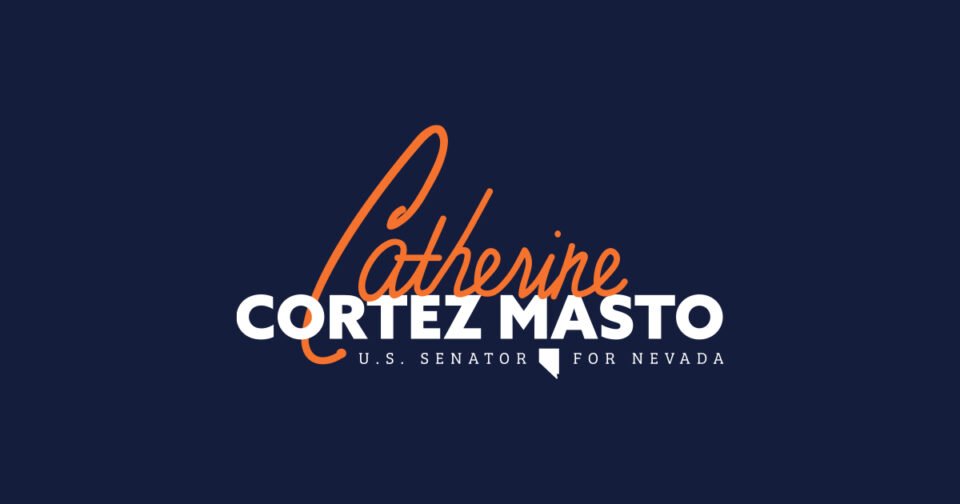Senators previously led calls to finalize guidance that broadens access to 30C Credit
Washington, D.C. – U.S. Senators Catherine Cortez Masto (D-Nev.) and Alex Padilla (D-Calif.) issued the following joint statement after the Department of the Treasury and the Internal Revenue Service (IRS) released guidance that will significantly expand access to the 30C Alternative Fuel Vehicle Refueling Property Credit, which was increased through the Inflation Reduction Act and provides billions of dollars for alternative refueling infrastructure investments such as zero-emission truck stops, intermodal facilities, and warehouses.
“The adoption of alternative refueling infrastructure is pivotal in our efforts to expand our zero-emission vehicle fleet and decarbonize our transportation sector. Today’s announcement from the Treasury and the IRS heeds our call to broaden eligibility to further incentivize public and private sector investments in clean energy infrastructure. Thanks to the Inflation Reduction Act, we are making important progress toward the Administration’s goals of deploying 500,000 chargers and getting more zero-emission vehicles on the road.”
The Treasury’s announcement comes after Senators Cortez Masto and Padilla led 13 Senators in calling on the Treasury and the IRS to finalize guidance for and ensure effective implementation of the 30C Credit. Sen. Cortez Masto has led efforts in the Senate to extend and expand this vital credit and help reduce emissions.
Senator Cortez Masto has consistently worked to support Nevada’s battery supply chain and create good-paying clean energy jobs across the state. Since the start of her Innovation State Initiative, Senator Cortez Masto has been a proponent of renewable and sustainable energy, passing bipartisan legislation to promote Nevada’s mining and emerging battery industries and set up a sustainable critical mineral supply chain, and leading efforts in the Senate to create good-paying solar energy jobs. She wrote the battery manufacturing and recycling program that is funding projects in Nevada, and supported numerous provisions to improve technology supply chains that will help build out Nevada’s electric vehicle infrastructure.
###

